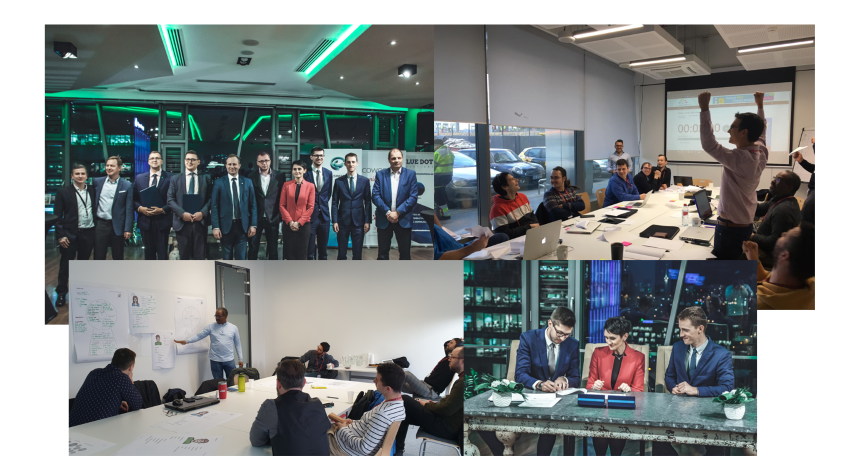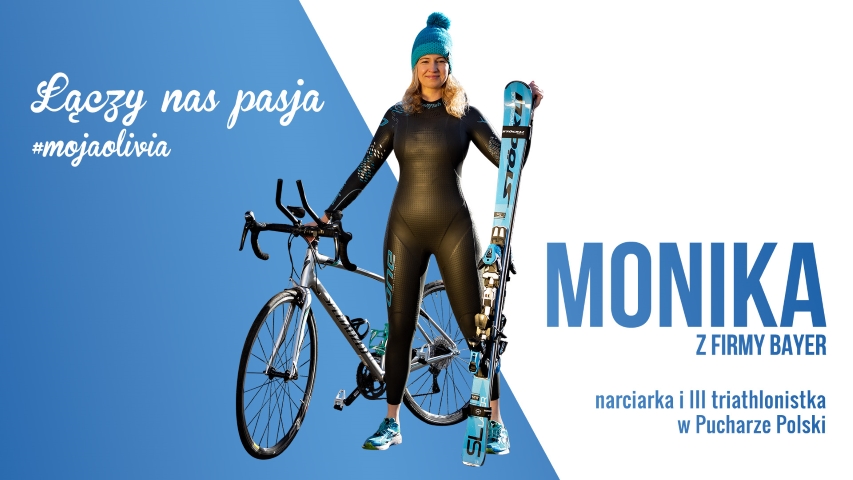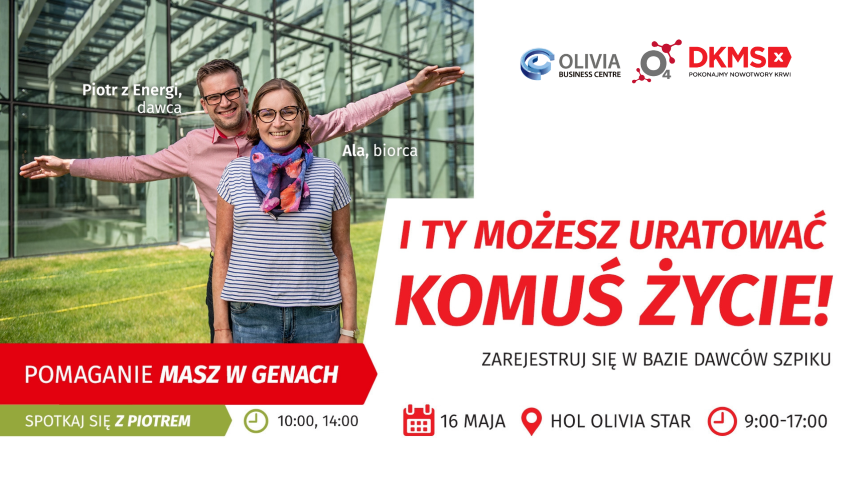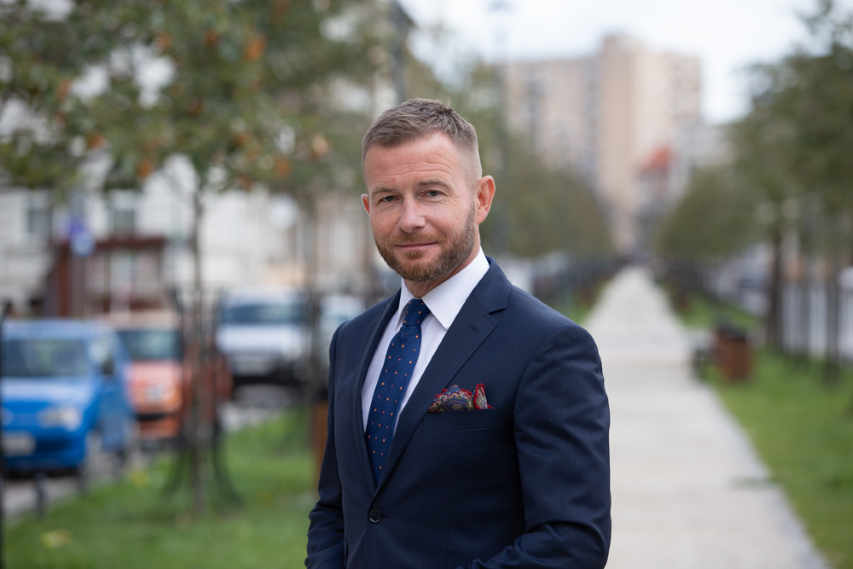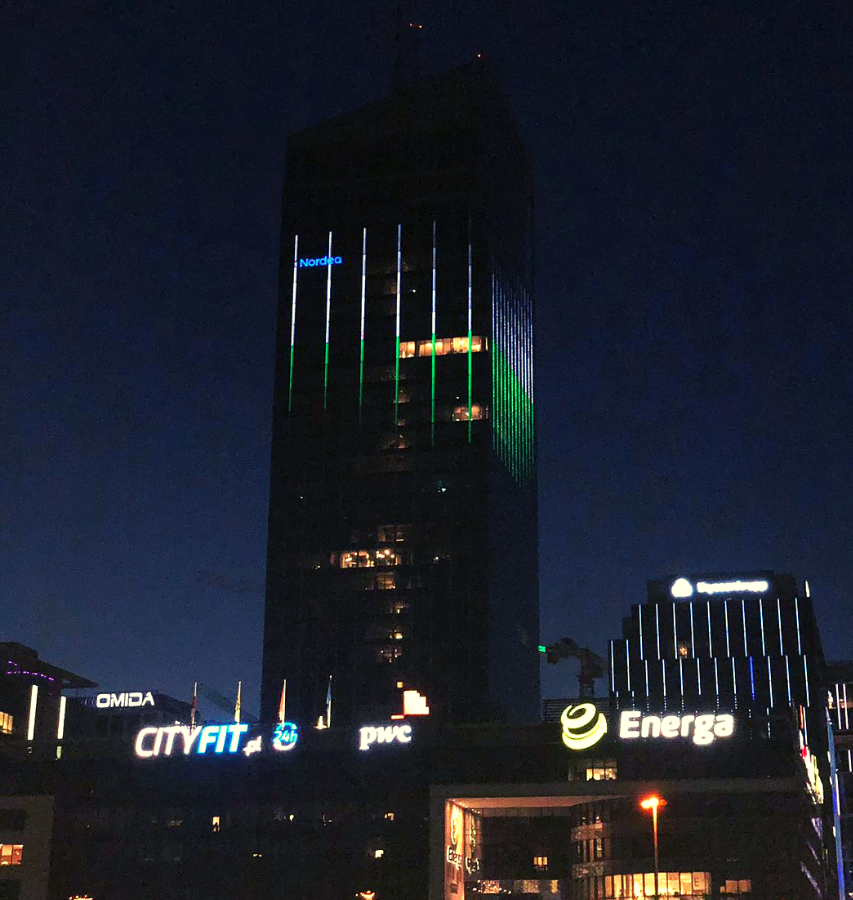Last year, Olivia Sky Club officially signed partnership agreements between Poland Prize Space3ac, Olivia Business Centre, LPP, Pekabex, PZU Lab and the Port of Gdansk Authority. All these companies have decided to participate in an acceleration project for startups from all over the world supported by the Polish Agency for Enterprise Development!
From the very beginning, at Olivia, we have focused on innovation and development, so we could not miss this project. We are now trying to encourage young foreign technology companies to set up operations in Gdansk, and it is the cooperation with industry leaders from Gdansk that is the biggest magnet for them.
Ten startups take part in the Poland Prize Space3ac accelerator: from Argentina, Belgium, the Czech Republic, Germany, Estonia, Norway, Great Britain, Ukraine, South Korea and the United States. As many as 120 of them applied! Representatives of the qualified companies have already started work on pilot implementations of their products and services. Entrepreneurs are taken care of by Martyna Czarnobaj-Borowska, Marta Moksa, Elżbieta Nowak, Elżbieta Sumionka. Under their watchful eye, companies carry out m.in. projects for OBC. In our coworking spaces, startup founders also participate in meetings with mentors, including m.in:
- Maciej Grabski, CEO at Olivia Business Centre
- Marcin Szpak, Board Advisor at Olivia Business Centre
- Dominika Rossa, Head of Women’s Coworking/ O4 Coworking
- Bartłomiej Glinka, CEO Omida Group.
- Marek Kamiński, traveller, expert in the field of motivation and leadership
- Kamil Parafiniuk, Board Member/ VP Sales at Develocraft
- Marcin P. Kowalik, Founder & Managing Partner at Black Pearls VC
- Marcin Pokojski, CEO of Develocraft Software House, one of the originators of the InfoShare conference, founder of the InfoShare Academy
- Hubert Szczołek, Finance Director at Black Pearls VC
- Jarosław Śmigiel, expert in the field of crisis management and marketing, consultant, Crisis Management & Crisis Communication Director at Secution
- Mick Griffin, Partner & Chief Revenue Officer at Brand24
- Natalia Hatalska, Founder and CEO at infuture hatalska foresight institute
- Aleksandra Chołody-Trapp, Head of Culture and Trends at infuture hatalska foresight institute
- Michał Sadowski, Founder & CEO at Brand24
- Jan Zając, PhD, Founder & CEO at Sotrender
- Jarmo Kuusivuori, CEO at Wolfcorner
- Piotr Bucki, expert in sales, marketing and pitching
- Magnus Melander, Sales and Marketing Director at Springworks AB, Advisor at Wireless System Integration AB, co-founder of ThingStockholm
- Andrzej Kiesz, CEO at infoShare Academy
- Artur Kurasiński, enthusiast of new technologies, blogger, public speaker.
Young, innovative companies will receive financial support of up to PLN 200,000 during the acceleration. PLN each, and the culmination of their work will be the presentation of projects during the Gdańsk Infoshare in May 2019.
Participants of Poland Prize Space3ac:
- Andcards (Ukraine, South Korea) – has created an extremely easy-to-use IT platform for managing coworking spaces.
- Cognitive Big Data Systems (USA) – creating solutions in the field of security and surveillance. It uses artificial intelligence algorithms in image analysis to provide real-time analytics.
- Darwin (Germany) – harnesses artificial intelligence technologies to support the growth of the startup market. Their platform ensures the flow of information about investment transactions, supports the so-called due diligence processes, provides post-investment support and helps in raising funds.
- Geckomatics (Belgium) – uses artificial intelligence for mobile mapping, providing high-quality information and spatial data for business processes.
- LESS Industries (Argentina, Australia) – offers a set of products using Internet of Things technologies to improve the efficiency of agricultural and industrial processes through intelligent monitoring.
- Maxiparking (Germany) – deals with advanced solutions in the field of mobility and parking, creating intelligent parking devices that minimize the use of urban space.
- Molfar.AI (USA) – develops an autonomous industrial inspection solution for the detection and classification of defects and defects in concrete pipes.
- Sentisquare (Czech Republic) – based on artificial intelligence and machine learning, the company creates tools for business, processing large amounts of text data, regardless of language.
- Trndz (Norway) – the company has created an intelligent business intelligence tool
- VRNET. IO (Estonia) – has created a tool based on VR and AI technologies, the aim of which is to support the sale of buildings and facilities that have not yet been built by presenting their visualizations on websites.
The originator and creator of the Space3ac accelerator is Wojciech Drewczyński from Blue Dot Solutions. He collaborates with Adam Korybut-Kotulewski, Maciej Mickiewicz and Wojciech Leonowicz.
